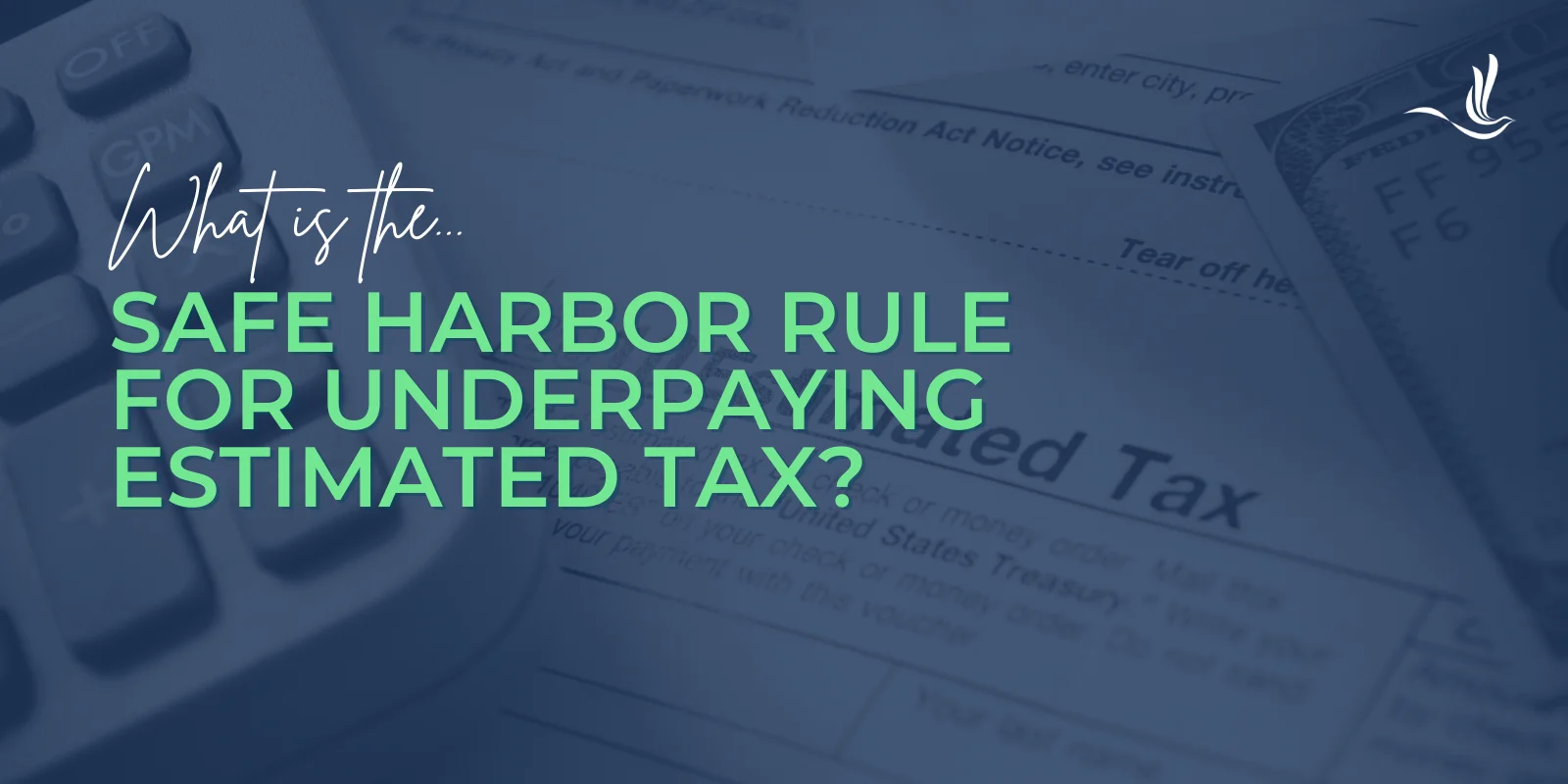If you’re living in the United States as a nonresident alien, it’s normal to have questions about filing your U.S. taxes. Maybe you’re here on an F-1 student visa, working under an H-1B visa, or planning to apply for a green card one day. No matter your situation, filing a tax return might feel confusing, intimidating, or even risky.
TaxAct can help.
U.S. citizens love to complain about income tax season — often with good reason! But for nonresident aliens, navigating tax documents, residency tests, and tax forms like Form 1040-NR can add a whole new level of stress.
That’s why TaxAct® offers guided, step-by-step questions so you can DIY your tax filing with confidence. Want help along the way? Add TaxAct Xpert Assist to get live tax advice from real, credentialed tax experts via phone or chat.1 And if you’re worried about accuracy, we back our software with a $100k Accuracy Guarantee.2 If we make a mistake, we’ll cover the difference and even pay audit or legal fees up to $100,000.
Now, let’s break down what you need to know about filing a U.S. tax return as a nonresident alien, including what tax forms to use and how your residency status affects your taxes.
Do I need to file an income tax return if I’m not a U.S. citizen?
Yes. If you earn any U.S. income, you’re required to file a federal tax return — even if you’re not a permanent resident or green card holder.
This includes income from:
A U.S. employer
Investments in U.S. companies
Side gigs, freelance work, or being self-employed
Scholarships (in some cases)
You’ll also need to file a state tax return if your state collects income tax.
What are the benefits of filing a tax return if I’m not a U.S. resident?
There are a few reasons you may want to file a U.S. income tax return:
To get a tax refund: If too much tax was withheld, you can get money back.
To claim tax credits: In certain cases, like if your country has a tax treaty with the U.S. or you have a child with a Social Security number (SSN), you might qualify for the Child Tax Credit or other tax breaks.
Not filing could backfire: U.S. Citizenship and Immigration Services (USCIS) specifically warns that not filing or paying taxes when required can hurt your ability to establish “good moral character,” which is one of the criteria for becoming a U.S. citizen.
Will filing taxes as a nonresident or undocumented worker negatively affect me?
There are also some potential drawbacks and challenges to consider when filing taxes as a nonresident alien or undocumented worker, especially as of 2025.
In the past, the Internal Revenue Service (IRS) generally kept taxpayer information private. But in 2025, the agency signed a memorandum of understanding (MOU) with Immigration and Customs Enforcement (ICE) and began cooperating with ICE in specific investigations. The MOU allows ICE to verify the names, addresses, and tax information of individuals with final removal orders or those who are under criminal investigation, including cases of failing to leave the country for 90 days.
Understandably, this change has made some people nervous about filing a U.S. tax return. If you have any questions or concerns about how filing a U.S. tax return may negatively affect you, it’s best to consult an immigration attorney.
What tax forms do I need to fill out?
That depends on your residency status for tax purposes. The IRS separates noncitizens into two categories:
Resident alien
You’re considered a resident alien if:
In this case, you file the same form as a U.S. citizen: Form 1040. You still need to report any foreign source income you earned outside the country.
Nonresident alien
You’re a nonresident alien if you:
Have a temporary visa (like F-1 or H-1B) or are an undocumented worker, and
Do NOT pass the substantial presence test.
In this scenario, you’ll file Form 1040-NR, the nonresident alien income tax return. You are only required to report U.S. earned income on this form.
How to fill out Form 1040-NR
Form 1040-NR consists of two pages. Page 1 looks like this:
To successfully fill out Form 1040-NR, be ready to provide:
Your visa type and immigration status
Number of days you were physically in the U.S. during the calendar year
Any U.S. source income earned
Your taxpayer identification number (ITIN)
Info about any tax treaty benefits you’re claiming (more on this later)
What is the substantial presence test?
The substantial presence test determines if you count as a resident or nonresident for tax purposes. Here’s the basic formula.
Add together:
All the days you were in the U.S. this year
1/3 of the days from last year
1/6 of the days from two years ago
If that total is 183 days or more AND you were physically present in the U.S. at least 31 days during the current year, you may be considered a U.S. resident for tax purposes.
Some exempt individuals (like international students on F-1 visas) don’t count certain days toward this test. If you’re exempt, you’ll also need to file Form 8843 each year.
What is Form 8843, and who needs to file it?
You must file Form 8843 if you are temporarily present in the U.S. as:
A foreign government-related individual under an A or G visa (excluding A-3 and G-5 visas)
A teacher or trainee under an F or Q visa, who substantially meets the visa requirements
A student under an F, J, M, or Q visa, who substantially meets the visa requirements
A professional athlete competing in a charitable sports event
If you fall into any of the above categories, you don’t count those days toward the substantial presence test. Even if you earned no taxable income, you still need to file Form 8843 annually to keep your exempt status.
What is effectively connected income (ECI)?
Effectively connected income is U.S. income that is connected to a trade or business you’re actively involved in. This can include wages from a job, income from freelancing, or profits from a business you run.
In contrast, fixed, determinable, annual, or periodic (FDAP) income includes more passive U.S. income sources like:
Dividends
Interest
Royalties
Pensions
Annuities
ECI vs. FDAP income
ECI is taxed at graduated rates (like U.S. citizens), and you may be able to claim certain tax deductions to lower your taxable income.
FDAP income is generally taxed at a flat 30% rate, unless a tax treaty lowers or eliminates it.
Understanding whether your income is ECI or FDAP matters because it affects your tax rate, eligibility for certain allowable tax deductions, and which tax forms you need to file. Don’t stress about this, though — TaxAct can help you classify your income correctly by asking you detailed questions as you prepare your tax return with our tax software.
Standard deduction for nonresidents
In most cases, nonresident aliens are not eligible for the standard deduction.
However, special rules apply to students and business apprentices from India who are eligible for the United States-India Income Tax Treaty. A tax treaty allows you certain tax benefits not typically available to nonresidents, such as claiming a standard deduction in this case, or even claiming dependents.
To figure your standard deduction as a student or business apprentice from India, use IRS Worksheet 5-1.
TaxAct can help you claim the standard deduction as a student or business apprentice from India — check out our support page for more info on how to do this in the TaxAct program.
Can I claim dependents as a nonresident?
In most cases, nonresident aliens can’t claim dependents, but there are a few exceptions.
You may be able to claim a dependent if you are a:
U.S. national
Resident of Canada or Mexico
Resident of South Korea
Student or business apprentice from India (under the U.S.–India tax treaty)
If you fall into one of these categories, and your dependent meets the standard IRS rules — like relationship, support, and residency tests — you may be able to claim the child on your tax return. You’ll also need to provide a valid SSN or ITIN for each dependent you claim.
What if I don’t have a Social Security number?
You can apply for an ITIN (individual taxpayer identification number) by filing Form W-7 (en Español) with your federal income tax return.
TaxAct can walk you through how to file Form W-7 using our tax software. Once approved, the IRS will assign you a number to use when you file Form 1040-NR.
Nonresident spouse filing rules
If you’re married and your spouse is a nonresident alien, your filing options depend on your own residency status for tax purposes.
Here are your choices:
If you’re both nonresidents: You’ll each generally file a separate Form 1040-NR. The U.S. doesn’t allow joint returns for two nonresident aliens.
If one of you is a U.S. citizen or resident alien: You can choose to be treated as married filing jointly. This option treats the nonresident spouse as a U.S. resident for tax purposes. You can still elect to file a joint return if one of you became a U.S. resident during the year, while the other did not.
Using the married filing jointly election can offer benefits, like claiming the standard deduction and other tax breaks, but it also comes with certain rules. If you choose to file jointly with a nonresident spouse, here’s what that means:
You’ll both be treated as U.S. residents for tax purposes for the year you make the choice, and for future years too, unless you cancel it.
You must file a joint return for the year you make the election. After that, you can choose to file separately for later years if you want.
You both need to report your entire worldwide income, not just what you earned in the U.S.
You usually can’t use tax treaty benefits while this choice is in effect, but there may be limited exceptions for specific types of income.
Keep in mind, even if you elect to be taxed as a resident for income tax purposes, your spouse may still be treated as a nonresident for Social Security and Medicare taxes depending on their visa or work situation. You can learn more about this topic on the IRS website.
How to elect to file a joint return
To make the election, attach a statement to your joint return (usually Form 1040) signed by both spouses. Your statement should include:
A declaration that one spouse was a nonresident alien, and the other spouse was a U.S. citizen (as of the Dec. 31 of the tax year) and that you are choosing to be treated as residents for the entire year.
The names, address(es), and identification number (SSN or ITIN) for both spouses.
TaxAct can help you attach a PDF statement containing the above to your return. For steps on how to do this, check out our support page.
FAQs
The bottom line
Filing your U.S. tax return as a nonresident alien may feel overwhelming, but you don’t have to do it alone. TaxAct is here to help walk you through filing your tax return step by step. Whether you’re a student, a visa holder, or someone planning a more permanent stay in the U.S., we can help you file your taxes correctly and without hassle.
This article is for informational purposes only and not legal or financial advice.
All TaxAct offers, products and services are subject to applicable terms and conditions.
1 Tax Experts are available with TaxAct® Xpert Assist®, which encompasses a suite of services designed to provide varying levels of support and assistance for your tax filing needs. These services are available at an additional cost and are subject to limitations and restrictions. Service availability, features, and pricing may vary and are subject to change without notice. For more details, read full terms.
2 We guarantee our software is 100% accurate and will calculate your maximum refund under applicable law. If an error in our software results in you ultimately receiving a smaller refund or larger tax liability than you receive using the same data with another tax preparation product, we will: (1) refund the applicable software fees you paid us, (2) pay you the difference in the tax refund or liability, (3) cover any penalties and interest levied against you and (4) any reasonably documented legal and audit costs you incur. In no event will our total, cumulative obligation under (1)-(4) above to any customer under this guarantee exceed $100,000. This guarantee only extends to returns that are e-filed by taxpayers preparing their own tax returns using our Consumer 1040 products. Read more about our $100k Accuracy Guarantee.




























